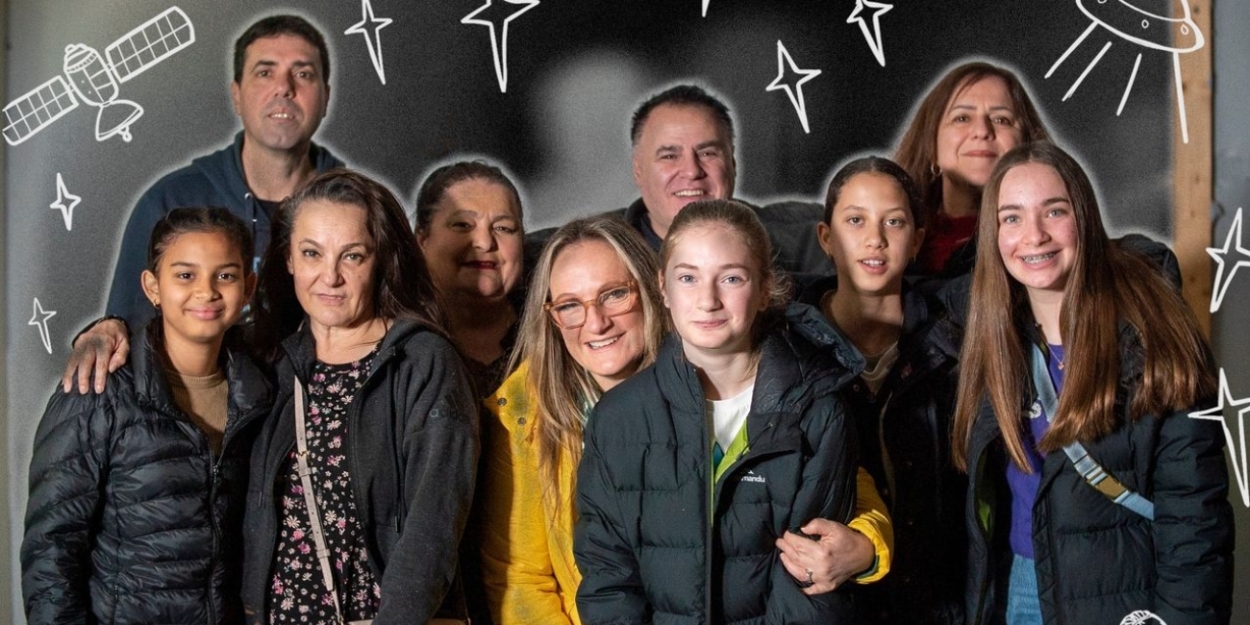Review: AFTER ALL THIS at Rumpus, 100 Sixth Street, Bowden
The delusion and brainwashing of religion.

Reviewed by Ewart Shaw, Thursday 6th October 2022.
After All This is the title of this deft and articulate production from Wickedly Good Productions at Rumpus, Adelaide's home of new writing and new companies. Add the question mark and it's the conundrum that has bewildered poets and playwrights, since long before Hamlet posed the question about the "undiscovered country from whose bourn no traveller returns".
The production builds on the work of Marcel Dorney and his company, Elbow Room. This new version touches on some deep areas of human consciousness and conscience. I refuse to use the word 'trigger'. The thoughts you may leave with, are meditative. Writing this review has taken so much longer than it might because the thoughts it prompts are themselves so resonant, so distracting from the mere description of observed action, no matter how clever and sensitively presented.
Director, Nate Troisi, describes the style of presentation as immersive, with the audience involved by their presence among the performers. For some people, this might be an unusual and unsettling experience. I've been involved in theatre in Adelaide for many years, many generations of theatrical explorations. I know my place. So, what happens? There are three scenes or vignettes. The first occurs in the main foyer area, with the bar half-hidden by a curtain. A rug is rolled out, two chairs are placed, and two young children, Arran Beattie and Zola Allen, settle in. The scenario is familiar to anyone keeping an eye on the pernicious rise of literalist Christianity. The stepfather is leading the family toward religion. The boy follows the father. The girl does not. The idea of life after death is seeded. The search for God, the proof of the divine existence, is the underscore.
We move to the corridor that leads further into the building. An elaborate scientific formula is illuminated. Troisi is involved in an argument with a member of the crowd. I know her face. She's Kidaan Zelleke. They become scientists. It's a dramatic reconstruction of two real people and the argument which destroys one of them, who, in the real world, converted to Christianity and then committed suicide.
The final vignette leads you into a room where eight people stand against the wall. Some are familiar Rumpus actors. One is a dearly-loved Adelaide actor, and one of them is making his stage debut. Words and gestures flow back and forth. It's mesmerising. I hesitated about telling you what happens because, well, there ought to be an element of surprise. There is, but it's not about the suicide deaths of cult followers, but an insight into the way people believe things that will make them happily die.
Less violent than Jonestown and Kool-Aid (it was actually Flavor-Aid), the Heaven's Gate story is a weird mix of science fiction and martyrdom. Adherents to the cult believed that a spaceship was following the Hale-Bopp comet and that in death they would be transported there and live forever. What we might see as a pathetic delusion was for them the comfort of immortality. The one, sweet sleep was ensured by a mixture of Phenobarbital and apple sauce. We may pity their delusion but their confidence in their bewildering belief system is impressive. So early Christians entered the arena.
I frequently return to Rumpus productions, but in this case, I don't need to. It is completely memorable, subtle, and rather like music, stays with you long after you leave the building.
Reader Reviews

Videos

